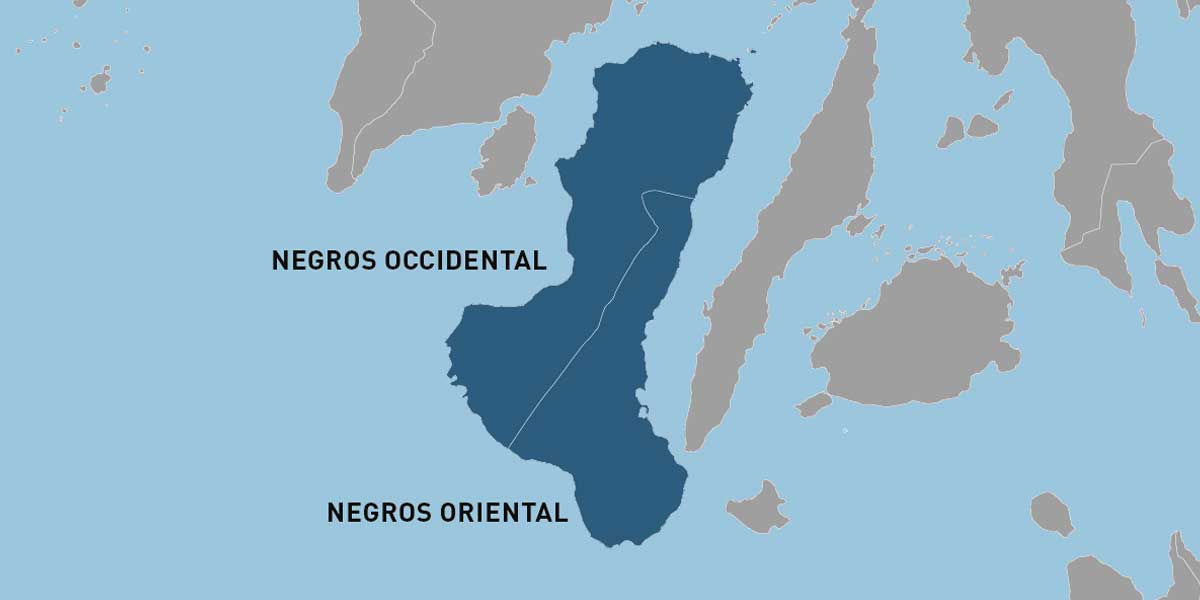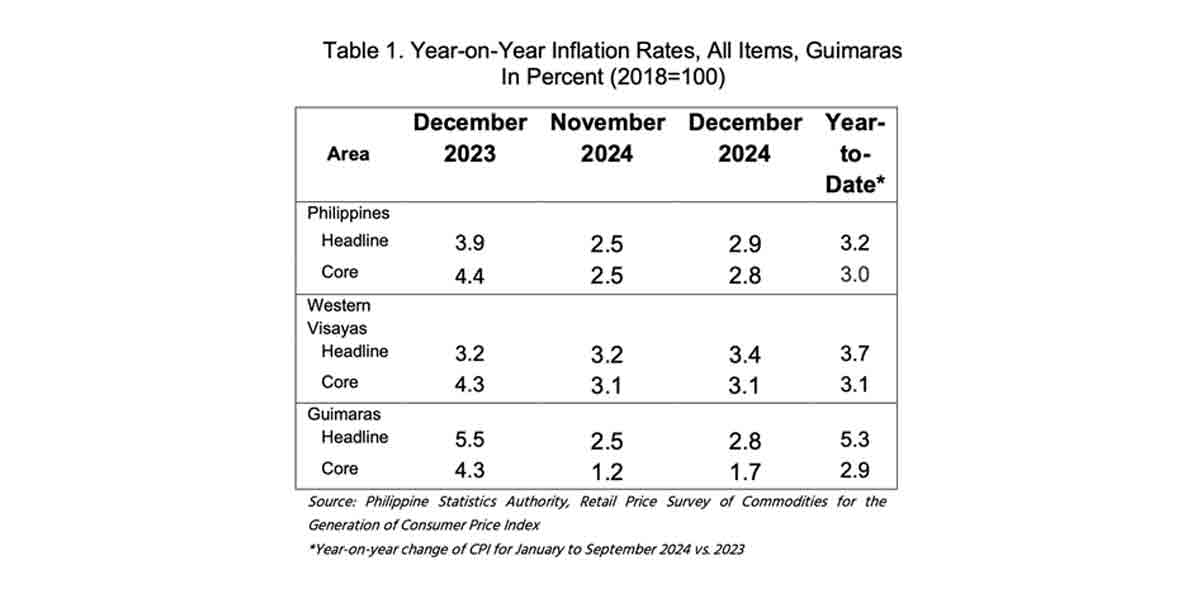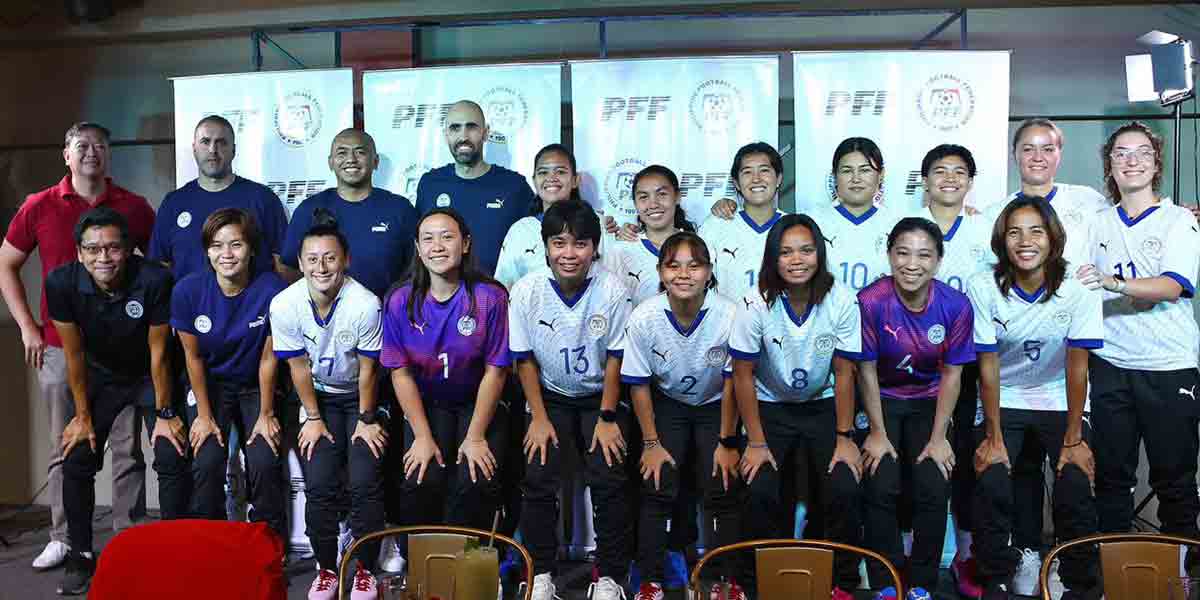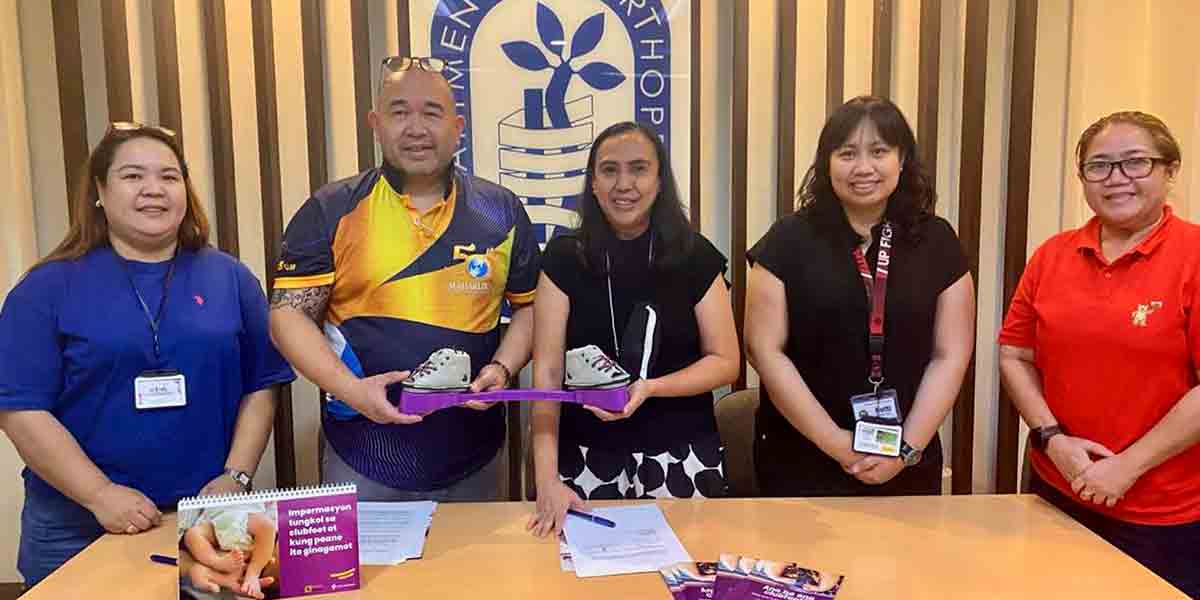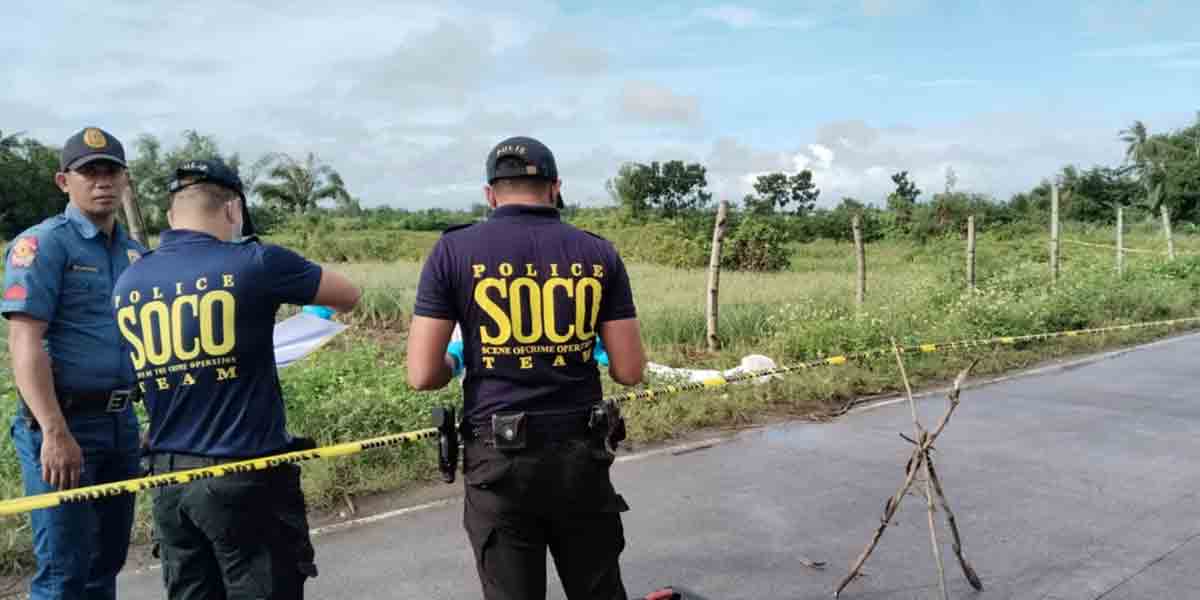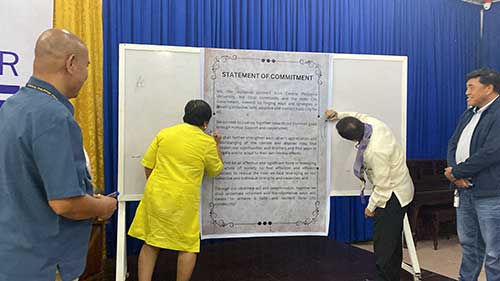
By Mariela Angella Oladive
In line with the celebration of National Disaster Resilience Month, Central Philippine University (CPU) and the Iloilo City Disaster Risk Reduction and Management (DRRM) Council partnered to enhance disaster resilience within the university and the broader community during a convocation program on July 22.
CPU President Dr. Ernest Howard Dagohoy led the event, which included participants from the university’s Local Incident Management Committee, NSTP, ROTC, DLMCH, senior high school faculty members, and members of the CPU Board of Trustees.
Vice Admiral Alexander P. Pama AFP (Ret.), Chairman of the Sustainability and Resilience Committee and Member of the CPU Board of Trustees, explained the rationale for the activity and the importance of building a resilient academic institution.
Prof. Jessica Dator-Bercilla presented key Disaster Risk Reduction (DRR) and Climate Change Adaptation (CCA) concepts, including the risk profiles of the province and city. Iloilo City DRRM Officer Donna Magno discussed the city’s DRRM plans and its evolution from preparedness to transformation.
Engr. Dany Molina, CPU’s Vice President for Administration, shared the university’s disaster preparedness plan and future strategies.
Matt P. Palabrica, Ph.D., Vice-Chairman of the Sustainability and Resilience Committee and Member of the CPU Board of Trustees, delivered the closing remarks, emphasizing the importance of reducing community vulnerabilities to mitigate disaster impacts.
In a press conference, Dagohoy highlighted the significance of the collaboration.
“We value this, not just because we observe the celebration of National Disaster Resilience Month, but this is something very close to my heart. I believe in the partnership of academe, government, and the private sector because national resilience is not something that only one institution can achieve,” Dagohoy said.
He added that it involves the participation and commitment of various sectors with a common goal.
“At CPU, we have plans set that will hopefully advance this agenda. We are grateful that this convocation is the start of hopefully many more initiatives to come,” Dagohoy added.
Vice Admiral Pama echoed this sentiment, noting that the mutual benefits of the collaboration would enhance both the university’s and the city’s DRRM capabilities.
“It’s a two-way street,” he said. “This partnership will enrich our knowledge and strengthen our ability to respond to emergencies.”
Magno highlighted the crucial role of education in building disaster resilience. She emphasized the need to address vulnerabilities to prevent casualties and reduce damage during disasters.
“We are looking at the power of education and how we can engage our constituents, like different colleges, to develop projects such as certain inventions and design plans that can help reduce our vulnerabilities… while introducing the programs of the city government. By doing this, we can create champions who will continue these initiatives,” Magno remarked.
Magno also discussed initiatives such as the KABALAKA program, which stands for KAhublagan sa BArangay para sa LApnagon nga KAhandaan sa Kalamidad (Movement for Community-Based Disaster Preparedness).
She highlighted the program’s potential to create champions who will drive resilience efforts within their communities.
“We can always sit down, conduct risk assessments to identify our vulnerabilities, and develop a plan that will serve as our blueprint. The advantage of this approach is that it allows us to create effective modalities for collaboration between local government units and academic institutions.”
The event concluded with stakeholders signing a wall of commitment, symbolizing their pledge to support disaster resilience initiatives.




